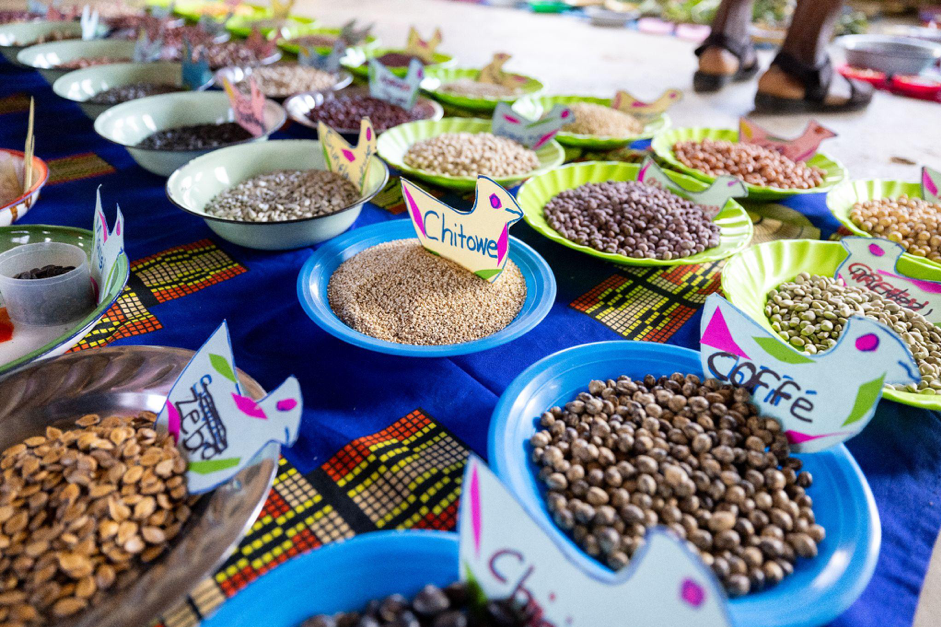
In the arid lands of Mwenezi district, south of Zimbabwe, a quiet but powerful awakening is taking root, one that blends tradition, sustainability, and community empowerment. At the heart of this movement is the Good Seed and Food Festival, a dynamic annual event that has transformed the lives of smallholder farmers through the promotion of traditional seeds and sustainable farming practices.
One such farmer is Janet Dube (45), from Chief Chitanga Ward 1. Since joining the PELUM Zimbabwe coordinated Zimbabwe Seed Sovereignty Programme (ZSSP) in 2016 under the guidance of PELUM Zimbabwe member, Mwenezi Development Training Center (MDTC), Janet has not only embraced traditional grains but also become a vocal advocate for their benefits.
“Before I joined MDTC I had little knowledge on how to grow small grains at all but after attending the seed festival for the first time in 2016 I got interested because I learned a lot about traditional grains which led me to start growing them. Growing different types of small grains has been a success to me and my family, our yields have increased and food security has improved,” she says.
Having attended the Annual National Good Seed and Food Festival, which has been held for over a decade, Janet bears testament to its impact.
“Festivals play a very important role to us. They educate us about different ways of farming and how we can improve our traditional farming techniques. Through the expert led sessions and discussions that are done every year we always learn about new techniques that help in improving our yields,” she adds.
The impact of the festivals extends beyond individual farmers as it weaves communities closer together. Judith Matizirofa (35), a fellow farmer from Neshuro village, narrates how these festivals are fostering unity in her community.
“Our community has come together through the festivals to learn more on traditional ways of growing small grains, sharing stories and practices has created a collaborative environment where we exchange knowledge and strengthen our ties,” she says.
For seasoned farmers like Simbisai Machava (61), the festival is more than a learning platform but is the embodiment of a cultural homecoming.
“Festivals help us to reconnect with our roots, appreciating the nutritional value of our traditional seeds and our traditional foods. As farmers in Mwenezi district we are truly inspired by the transformation we are witnessing every year at the district festivals and this initiative not only emphasises the importance of cultural heritage but also aligns with promoting sustainable agriculture and food security,” she says.
The revival of traditional seeds at the Good Seed and Food Festivals is a significant cultural revival for communities in Zimbabwe. By participating in these festivals, farmers not only preserve biodiversity but also improve food security and resilience to climate change. Festivals help people share knowledge, celebrate their identities, and build a sustainable future.







